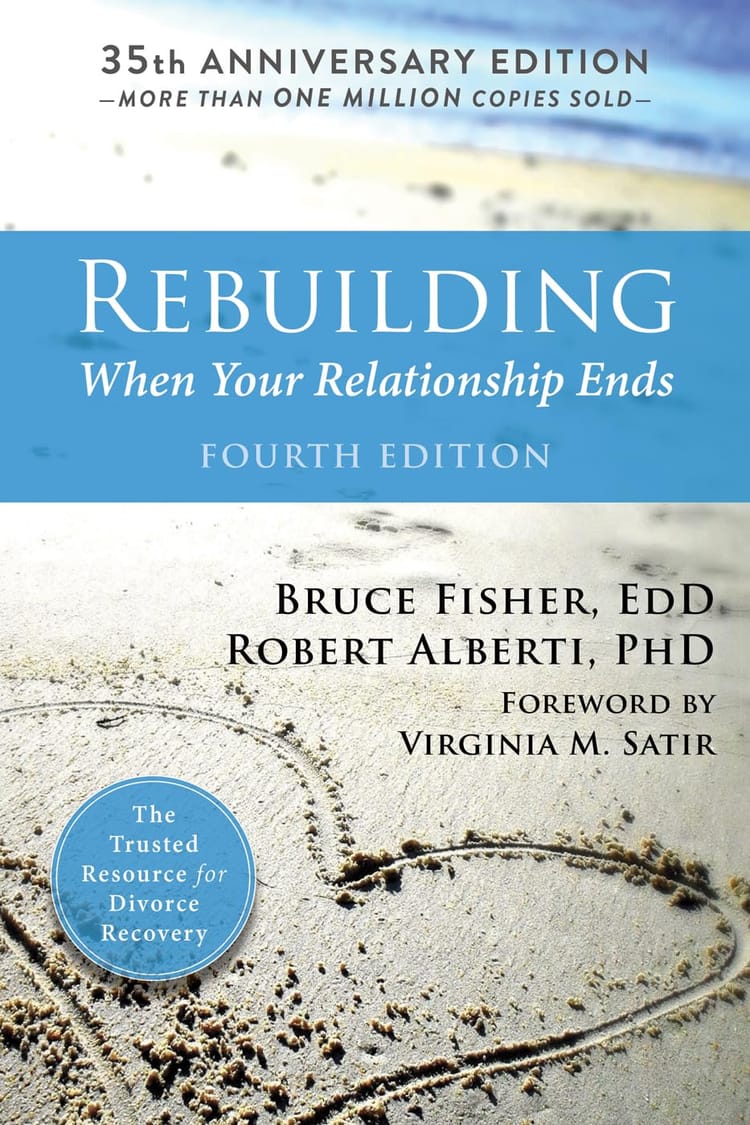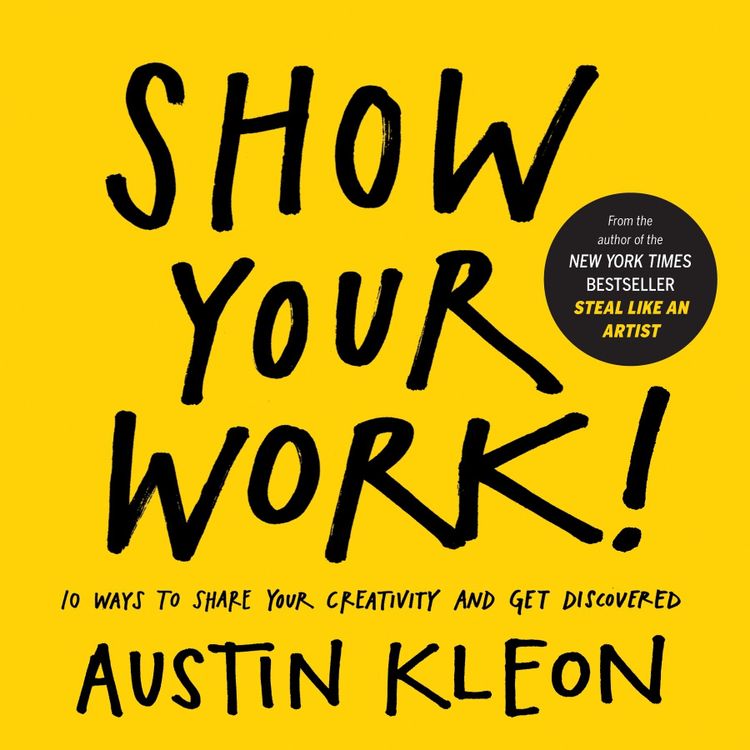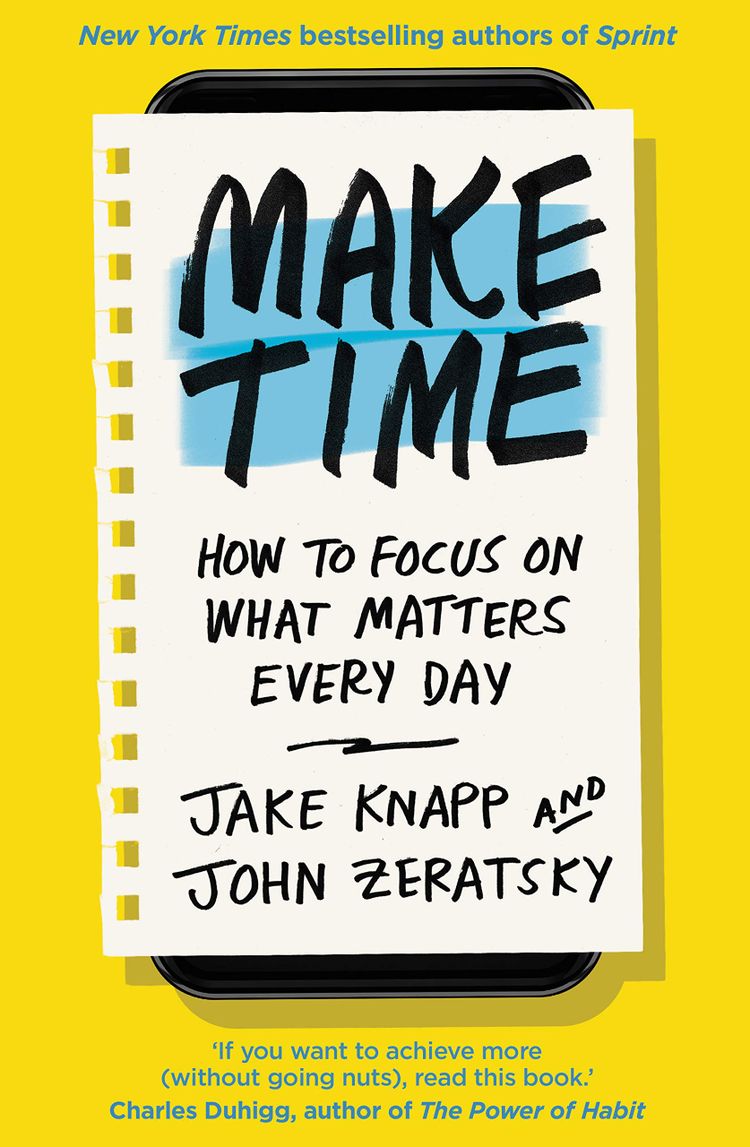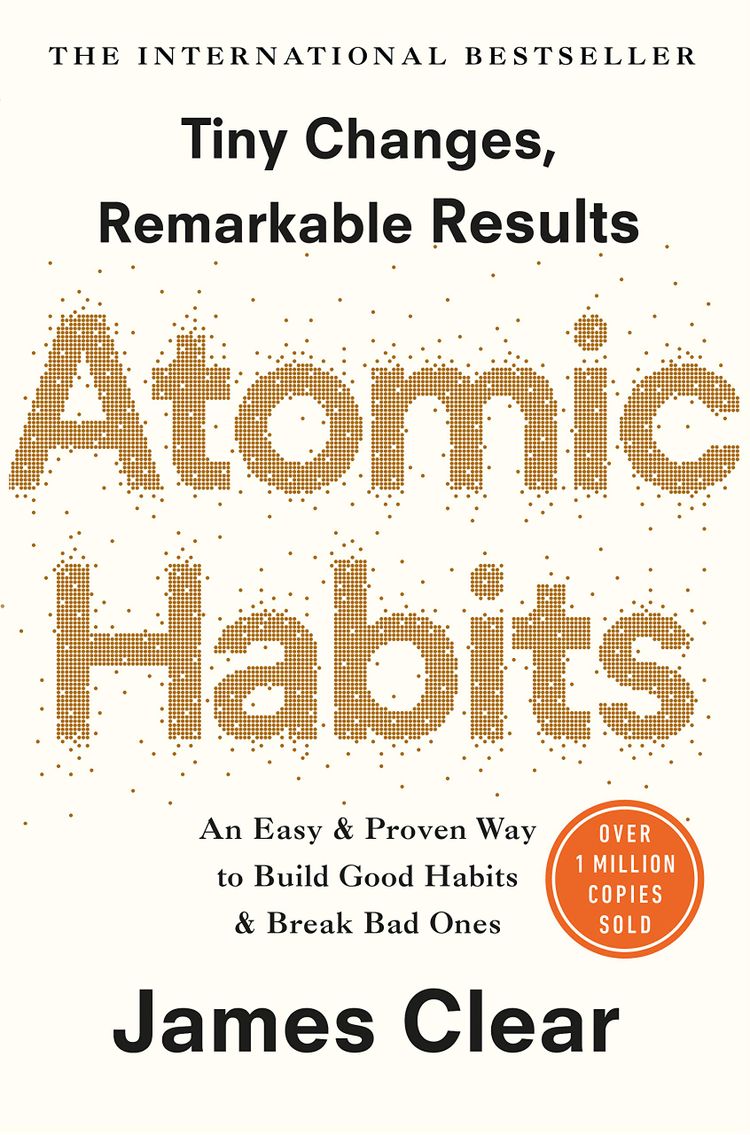The Self-Driven Child
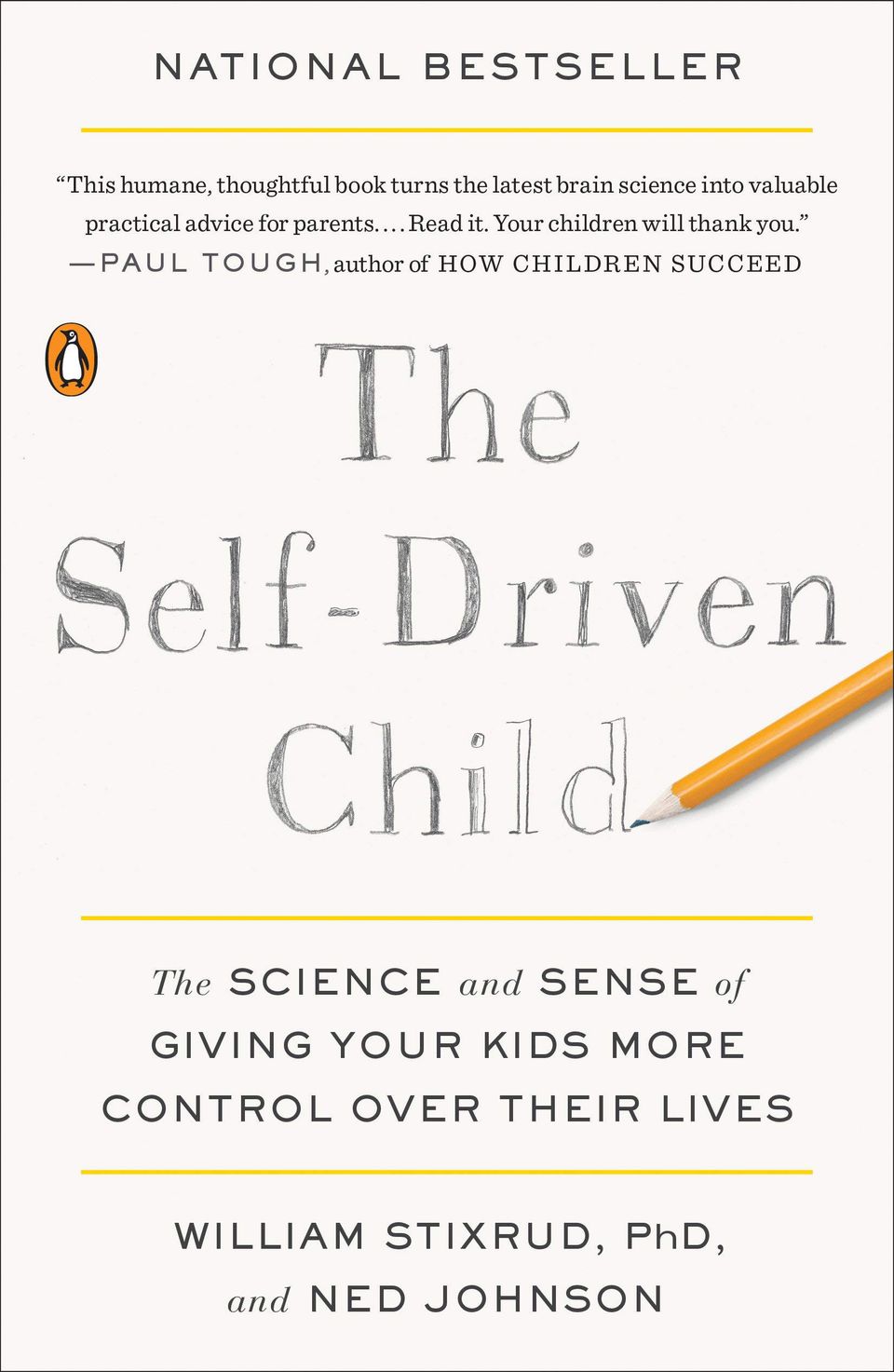
By William Stixrud, Ned Johnson
This is a book for parents, but also perfectly helpful for adults who'd like to understand how our brain serves us to be self-driven. After all, we are our own parents when we are grownups.
Actionable Takeaways:
- Set electronic devices screentime limit
- Exercise and meditate everyday
- Let go and have a plan B mindset
The Book in 3 Sentences
To be self-driven, one needs to
- Keep a growth mindset
- Create a self-driven environment
- Avoid being stressed
The Book Has Taught Me
- How the brain works when you learn, respond and stress. How to facilitate the development of the prefrontal cortex and hippocampus
- The methods to avoid stress
- The healthy and productive ways of working
Get the book from ➡️ Amazon UK
Highlighted Notes
What is "self-driven" growth
The internal drive to perform better. Being autonomous rather than being driven from external pressure.
Why stress is bad
High stress or chronic stress will
- Inhibit the prefrontal cortex (rational decision-making and self-control)
- Stimulate the amygdala (defending mode, the animal instinct)
- Weaken hippocampus (memory and learning)
一旦我们遭遇威胁,我们就没法思维清晰,也不能有逻辑地好好思考。我们只会拼了命地逃跑,扎稳马步准备开打,或者干脆躺下。
Become "Self-Driven"
Growth Mindset
Motivation comes from within and does not depend on the praise and commendation of others.
Self-determination Theory
- Autonomy ⬅️ Intrinsic motivation, willingness to pursue challenges
- Competence ⬅️ Achievable goals, being proud for oneself for small progress
- Sense of belonging ⬅️ Support and love
Dopamine ⬅️ Interest + expectation
Flow ⬅️ Challenging tasks + focus
How to avoid being stressed
- Avoid passing on or being exposed to "second-hand pressure"
- Every time you replay a scene in your mind, it will have less of an impact
- Exercise: aerobic > anaerobic. Dancing, yoga, martial arts, horse riding, fencing, drumming, rock climbing.
- Social support
- Music
- Eat well and sleep well
Repetitative training (break down time and tasks)
- Get Things Done
- Make Time
- Meditate (Mindfulness / Zen)
Stay away from electronic devices and social media
技术的突破通常让人们更多地去工作而非腾出更多的空闲。只要做起来容易,我们就会做。技术挤占了大脑本该用来培养健康的控制感的时间。你使用的新技术越多,你的自我调节能力和执行功能水平就越糟糕。自我调节能力和执行功能水平,是获得成功的能力。
社交媒体将控制权从你手中夺走,还转交给你周围的人:社交媒体把我们的注意力从我们自己的经历上转移开来,重新定位到其他人对我们经历的种种看法。
(社交媒体)让人们被卷入一种基本的心理效应——间歇性强化。通过间歇性强化,就算不知道每次执行某个操作时是否会获得奖励,你还是可能会不断去做。
- Remedy: plan on electronic devices usage; get back to nature.
- Avoid multi-tasking
Multi-tasking:低效,犯错,慢;限制深层思考和抽象思维,限制想象力;提高皮质醇水平=制造压力。
- Plan B mindset: gives you a better understanding of the problem and a chance to relieve stress
Let go of yourself
- Encourage yourself as you would your best friend; don't use self-demeaning language to yourself.
- Switch to a positive rephrasing. The feeling of loss of control often comes from catastrophic interpretations.
- When in trouble ask yourself: Is it a big problem, or a small one? What is the worst that can happen if Plan A fails? What about a Plan B?
